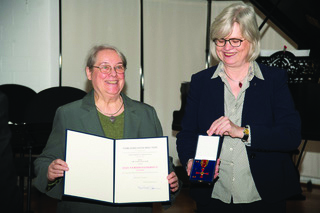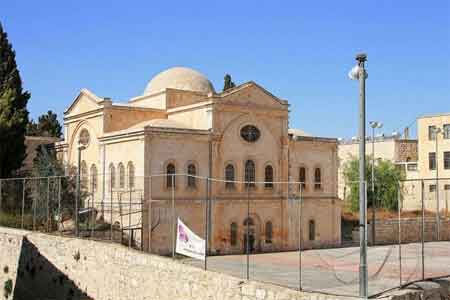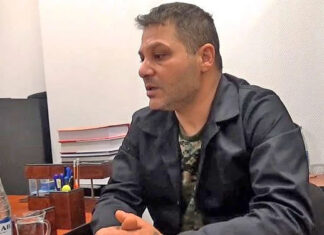JERUSALEM (Public Radio of Armenia) — In an unprecedented show of solidarity, a group of 20 prominent Israeli academics, jurists, and cultural figures on September 25 issued a public statement backing the Armenian community of Jerusalem in its struggle to protect the historic Armenian Quarter from what they describe as “alarming developments,” Jerusalemite Armenian journalist Kegham Balian reported.
The signatories, including some of Israel’s most respected scholars and public intellectuals, expressed it was their “moral and civic duty” to speak out over a controversial 2021 lease agreement between the Armenian Patriarchate of Jerusalem and the private company Xana Gardens. The deal, signed without consultation with the local Armenian community, grants the company 98-year exclusive rights over the “Cows’ Garden,” the last remaining open space in the Old City that has long served as a communal area for residents.
The group warned that the agreement — initially intended to transform the land into a parking lot and potentially pave the way for future development — poses a direct threat to the integrity of the Armenian Quarter and the survival of Jerusalem’s centuries-old Armenian community.
“Such a compromise not only undermines the local Armenian community but threatens the future of the Armenian Quarter as a whole,” the statement reads. It highlights that the deal has sparked widespread opposition among Armenians in Jerusalem and the diaspora, as well as among Israeli citizens concerned about preserving the cultural fabric of the Old City.
The signatories also condemned recent incidents of violence and harassment targeting members of the Armenian community, as well as unfounded accusations of anti-Semitism. They emphasized that the Armenian presence in Jerusalem spans nearly 1,500 years and has been marked by respectful coexistence with Jewish and other local residents.
Calling for transparency and public participation, the group urged city planners and authorities to ensure that any development within the Old City includes meaningful consultation with affected communities. “In a city as sensitive as Jerusalem, and especially in the delicate fabric of the Old City, the principle of public participation must be foundational to any urban development,” the statement concluded.






